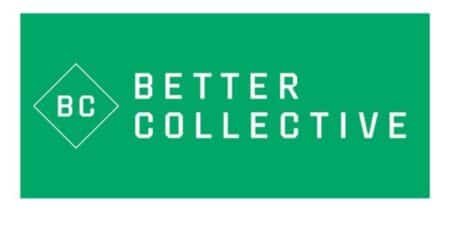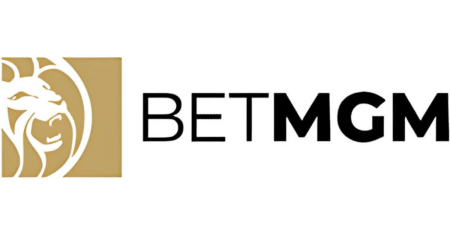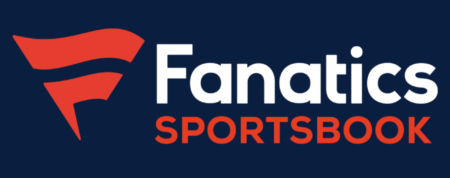Research
Academic research and analyses related to online gaming and sports betting.
A recent study by National Economic Research Associates (NERA) concluded that iGaming has been detrimental to New Jersey's economy. After a comprehensive review, findings show the study to be critically flawed.
NERA Study: Analysis & Rebuttal, 2024
iGaming in Indiana - Highlighting the Opportunity
Currently there are dozens of illegal online gaming sites that provide zero protection for consumers that do not contribute to state tax revenues. This research explores how Indiana lawmakers can meet consumer demand by establishing a legal and competitive market that benefits the state economy and allows iGaming consumers to thrive, while also providing regulatory safeguards.
How Multiple Brands Impact Online Gaming Markets
Policymakers considering the issue of online gambling face a number of key decisions, including the question of how many unique brands (sometimes referred to as "skins") to allow under each individual online gambling license. To date, the majority of states (including New Jersey, Pennsylvania, and West Virginia) allow some level of multiple-brand participation under each online gambling license.
Impact of Onsite In-Person Registration on Sports Betting
As legal sports betting grows in the U.S., states must decide how consumers create online sports betting accounts. This paper explores the potential ramifications of one approach: in-person registration. In this analysis, data shows that in-person registration is likely to significantly restrict the revenue potential of legal online sports betting, the competitiveness of legal markets, and the tax revenue that flows to state governments.
























